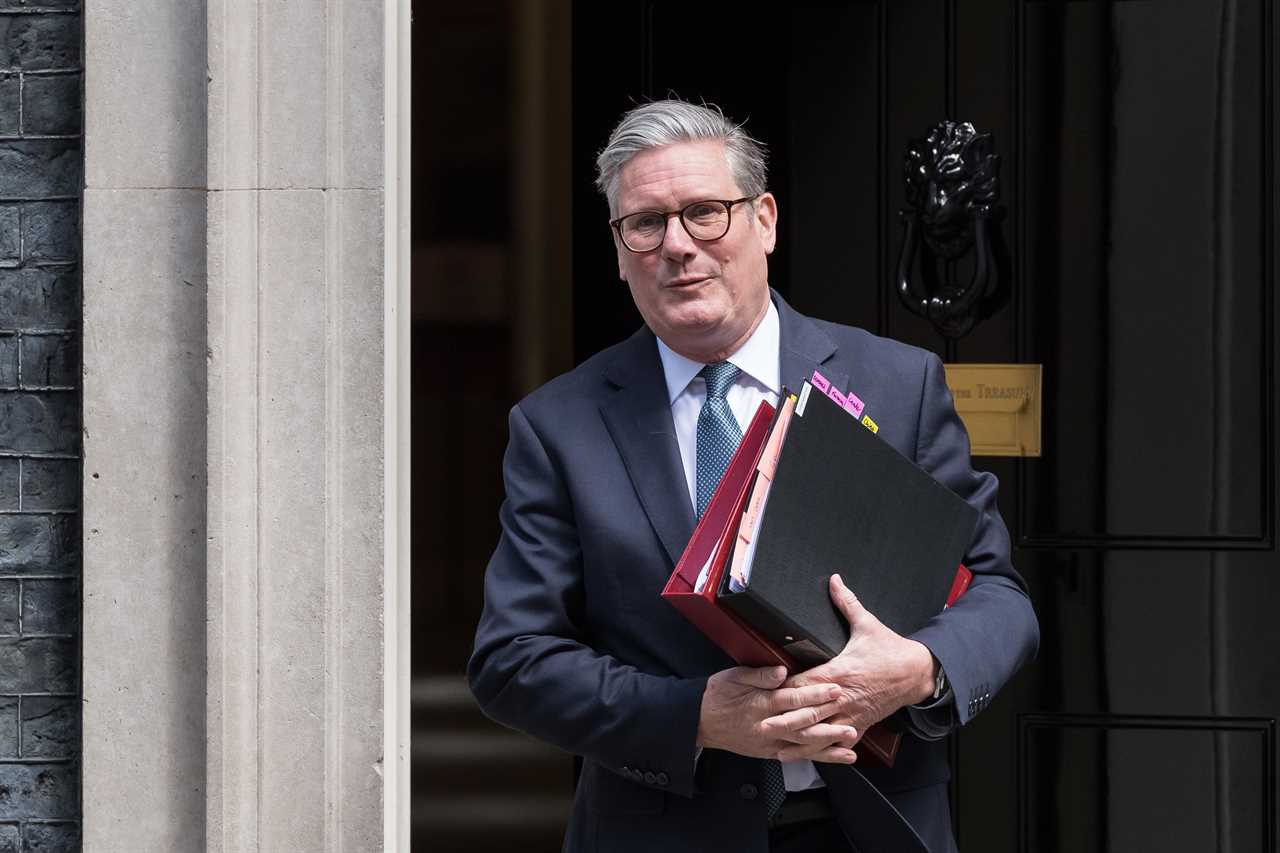
In a climate of shifting political landscapes and increasing public scrutiny, Sir Keir Starmer recently introduced a comprehensive immigration overhaul, aiming to regain control of borders and address systemic loopholes. The discourse around immigration in the UK is multifaceted, with implications that stretch from local elections to broader social cohesion concerns and global migration trends.
The wider context: Reimagining Immigration Policies
As the UK grapples with questions of identity, integration, and security, Starmer's proposed changes signal a significant shift in immigration policy. The emphasis on stringent regulations, English language proficiency, and selective pathways for skilled professionals reflects a broader narrative of national identity and economic stability. However, beneath the surface of these reforms lie complex challenges that require careful consideration.
Exploring Structural Inequalities: Unpacking the Migration Debate
While the call for tighter immigration controls resonates with some, it is crucial to acknowledge the historical context and power dynamics that shape migration patterns. From the exploitation of low-skilled labour to the impact on essential sectors like healthcare and social care, the immigration discourse intersects with issues of social justice and economic equity. Balancing the need for security with compassion and inclusivity remains a delicate balancing act.
Policy vs. Reality: Navigating the Implementation Maze
Amidst the rhetoric of 'taking back control' and 'reducing immigration significantly,' the practical implications of these reforms raise questions about feasibility and unintended consequences. How will the proposed measures impact vulnerable populations, asylum seekers, and those reliant on migrant labour for essential services? Moving beyond political promises to tangible outcomes requires a nuanced understanding of the interconnectedness of immigration policies with broader societal structures.

Voices from the Ground: Listening to Diverse Perspectives
Amidst political posturing and party rivalries, it is essential to centre the voices of those directly affected by immigration policies. From migrant communities to frontline workers in care and healthcare sectors, understanding the lived experiences and challenges faced by individuals navigating the immigration system is key to shaping empathetic and effective policies. Only by embracing diverse perspectives can we move towards a more inclusive and equitable approach to immigration.
In conclusion, the debate around immigration in Britain is far from simple, encompassing a myriad of social, economic, and ethical considerations. While reforms may aim to address immediate concerns around border control and security, a comprehensive and compassionate approach is needed to navigate the complexities of migration in a globalised world. By engaging in nuanced discussions, acknowledging systemic inequalities, and prioritising human dignity, we can strive towards an inclusive society that upholds the values of fairness and solidarity.
Did you miss our previous article...
https://trendinginthenews.com/uk-politics/kemi-badenochs-brexit-pledge-unwavering-commitment-to-national-sovereignty






